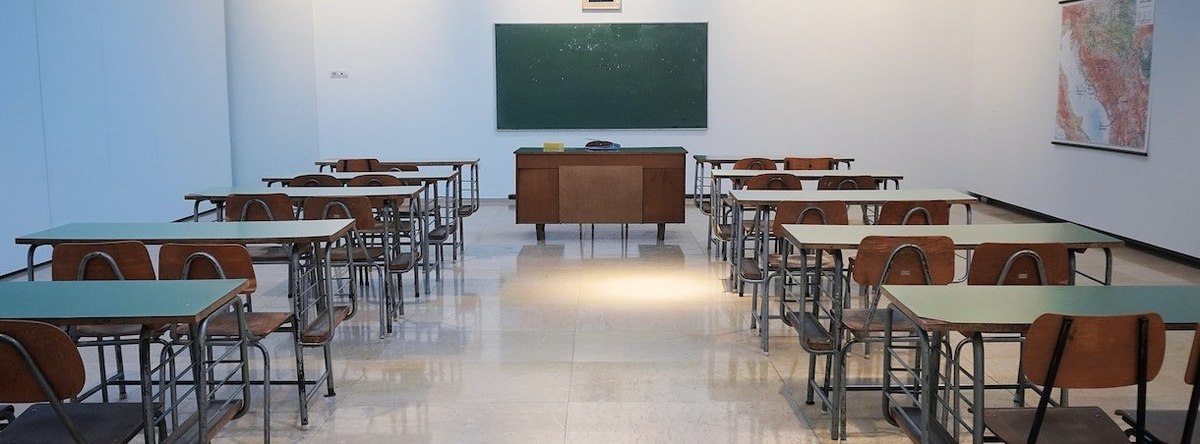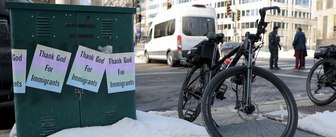As the 2022-23 school year begins, YouGov asked Americans their opinions on a variety of issues facing their local K-12 schools. Of the 17 issues asked about, Americans are most likely to say they're very concerned about bullying, book banning, and students failing to meet learning objectives. The poll finds large gaps in the level of concern expressed by Republicans and Democrats over many school-related issues. While Republicans are most concerned about liberal indoctrination, a lack of parent involvement, and inappropriate books, Democrats are most concerned about book banning, bullying, and teacher shortages.
Of the 17 issues polled about, Americans are most likely to say they're very concerned about:
- Bullying (50% are very concerned)
- The banning of books (45%)
- Students not meeting learning objectives (44%)
- Depression and anxiety among students (43%)
- Sexual abuse (40%)
- Learning loss due to COVID-19 (39%)
Fewer are concerned about the spread of COVID-19, COVID restrictions, the availability of inappropriate books, or access to classroom technology.
Republicans and Democrats diverge when it comes to their level of concern over the 17 issues facing local schools that were included in the poll.
Republicans are more likely than Democrats to say they are very concerned about the following:
- Students being indoctrinated with liberal ideas: 44-point gap (62% of Republicans vs. 16% of Democrats)
- The availability of inappropriate books: 20-point gap (36% vs. 16%)
- A lack of parental involvement: 5-point gap (37% vs. 32%)
- COVID-19 restrictions: 5-point gap (29% vs. 24%)
Democrats, on the other hand, are more likely than Republicans to say they're very concerned about:
- The spread of COVID-19: 32-point gap (44% of Democrats vs. 12% of Republicans)
- The banning of books: 29-point gap (57% vs. 28%)
- Teacher shortages: 27-point gap (50% vs. 23%)
- Funding shortages: 26-point gap (47% vs. 21%)
- Students being indoctrinated with conservative ideas: 25-point gap (34% vs. 9%)
- Bullying: 19-point gap (55% vs. 36%)
- Depression and anxiety among students: 17-point gap (48% vs. 31%)
- A lack of access to classroom technology: 11-point gap (28% vs. 17%)
- Too much parent involvement: 10-point gap (16% vs. 6%)
- Sexual abuse: 6-point gap (41% vs. 35%)
The poll also asked about an issue facing many students in poverty: hunger. Starting this year, California will become the first state to provide all public-school students with free breakfast and lunch. During the pandemic, federal aid allowed many school districts to offer all students free meals, though such programs have or will soon be discontinued as federal aid has expired. A little over half of Americans say they support providing all students with free breakfast (55%) and free lunch (52%). The vast majority are in favor of offering free breakfast (87%) to at least low-income students, and a similar proportion say the same about free lunch (86%). Americans are less supportive of giving away dinner, though a majority – 61% – think it should at least be offered to low-income students; 31% support providing dinner to all students, while 22% say it shouldn't be given to any students.
— Carl Bialik and Linley Sanders contributed to this article
This poll was conducted on August 16 - 19, 2022 among 1,000 U.S. adult citizens. Explore more on the methodology and data for this poll.
Image: Ivan Aleksic on Unsplash













